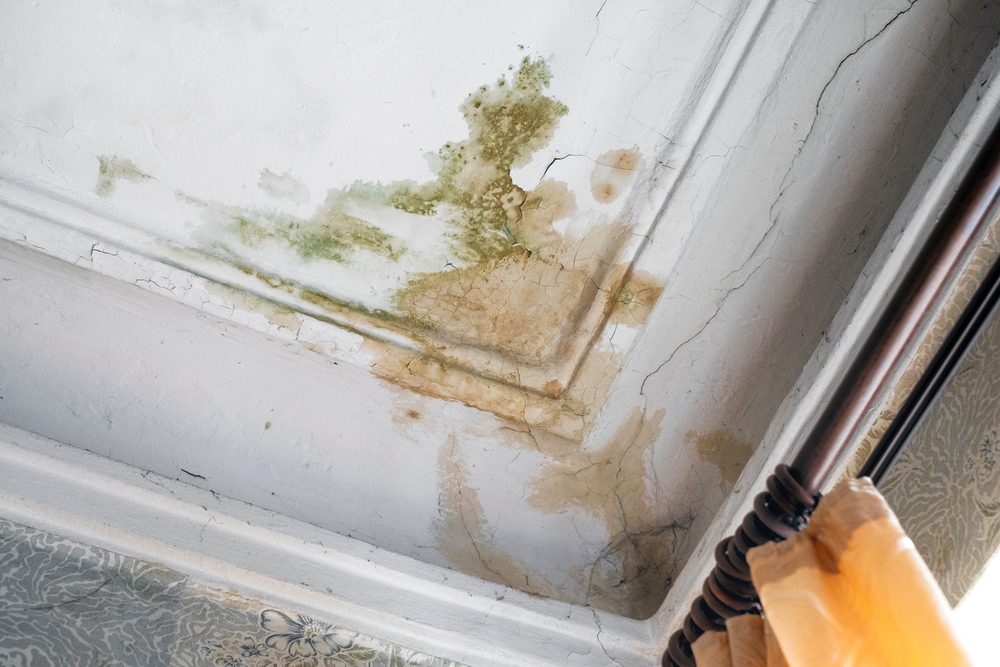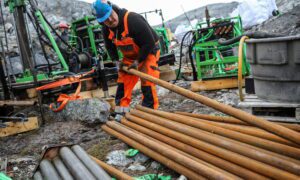That one small drip you’ve been ignoring behind the wall can turn into warped floors, mold growth, and repair bills that spiral out of control. And that isn’t even the toughest part.
Most hidden leaks stay silent until they’ve already done damage. That’s why knowing where leaks like to hide gives you a major advantage, especially once you get experts in water leak detection in Miami, FL, involved.
Why Hidden Leaks Are Hard to Spot
Uncontrolled water rarely ever travels in a straight line. It can seep through building materials, spread across joists, or wick through drywall long before you notice a wet spot. According to a local plumbing expert, “By the time water stains appear, the leak has usually been active for weeks, if not months.”
Don’t wait for visual damage. If you notice musty smells or unexplained moisture, investigate immediately.
Common Hiding Spots for Leaks
Some areas in the home are notorious for hiding leaks.
- Behind walls: Plumbing that runs to bathrooms and kitchens is often the first suspect.
- Basements and crawl spaces: Older pipes corrode here, especially in humid or damp environments.
- Ceilings beneath bathrooms: Even tiny seal failures around tubs or toilets can drip steadily into lower levels.
- Underground pipes: These are the hardest to detect without professional tools, often only noticeable from soggy lawns or unexpected yard sinkholes.
Signs You Might Have a Hidden Water Leak
Leaks often manifest through subtle signs. These signs point to a bigger issue if you know what to look for.
- Unexplained drops in water pressure
- Sounds of dripping or rushing water when no faucet is running
- Warped flooring or peeling paint
- Higher-than-normal water bills without extra usage
- Small puddles or damp spots in the yard with no rainfall
The Dangers of Mold and Mildew
Moisture is mold’s best friend. Within 24 to 48 hours, a damp surface can become a breeding ground. Mold spores cause allergic reactions, asthma flare-ups, and even long-term respiratory issues.
If you suspect a hidden leak in your water heater, act fast and have your plumbing inspected. Repair is one of the best defenses against mold. Professional remediation may also be needed if growth spreads.
How Professionals Find Hidden Leaks
Tearing apart walls isn’t the first step. Plumbers use advanced tools to pinpoint leaks without unnecessary damage.
- Acoustic listening devices: Amplify the sound of water escaping
- Infrared cameras: Detect temperature changes caused by moisture.
- Pressure testing: Identifies which section of the system is losing water.
- Ground penetrating radar: Used for underground or slab leaks.
What to Do If You Suspect a Leak
Quick action can minimize damage while you wait for help. When you notice a severe leak:
- Shut off your main water supply to stop further leaking.
- Document any visible damage for insurance purposes.
- Avoid using appliances or fixtures connected to the suspected line.
- Call a licensed plumber for inspection and repair.
Preventative Measures to Reduce Risk
Prevention is far cheaper than repair. A few proactive habits can make a big difference. Try doing the following:
- Schedule routine plumbing inspections once a year.
- Insulate exposed pipes to prevent cracking in cold weather.
- Check appliance hoses regularly for wear or bulges.
- Pay attention to what goes down drains; clogs can lead to pressure buildup and leaks.
Understanding Your Water Bill
Utility bills often give the first clue that there’s a leak present in your plumbing. A sudden spike in usage without lifestyle changes usually means water is escaping somewhere. You can also perform a simple water meter test: turn off all fixtures, then check if the meter continues to move.
Choosing the Right Plumber
Not every plumber specializes in leak detection. When hiring, ask about their experience with hidden leaks and what technology they use. Always verify licensing, insurance, and references before letting anyone start work inside your home.
Frequently Asked Questions About Hidden Leaks
- Are hidden leaks always visible on my walls or ceilings?
Not always. Water often travels before surfacing, which makes early detection tricky.
- Can a hidden leak cause my water pressure to drop?
Yes, even small leaks can reduce system pressure over time.
- How expensive can hidden leaks become if ignored?
Costs vary, but repairs from a water leak detection service often climb into the thousands once mold or structural damage sets in.
- Do chemical sealants fix hidden leaks?
They might offer temporary relief but rarely solve the root problem. Professional repair is the safest route.
Hidden leaks are often discovered too late. By learning the warning signs, knowing where leaks hide, and taking preventive steps, you can protect your home and wallet. If you suspect even a small leak, call a water leak detection company and stop the problem before it worsens.



































